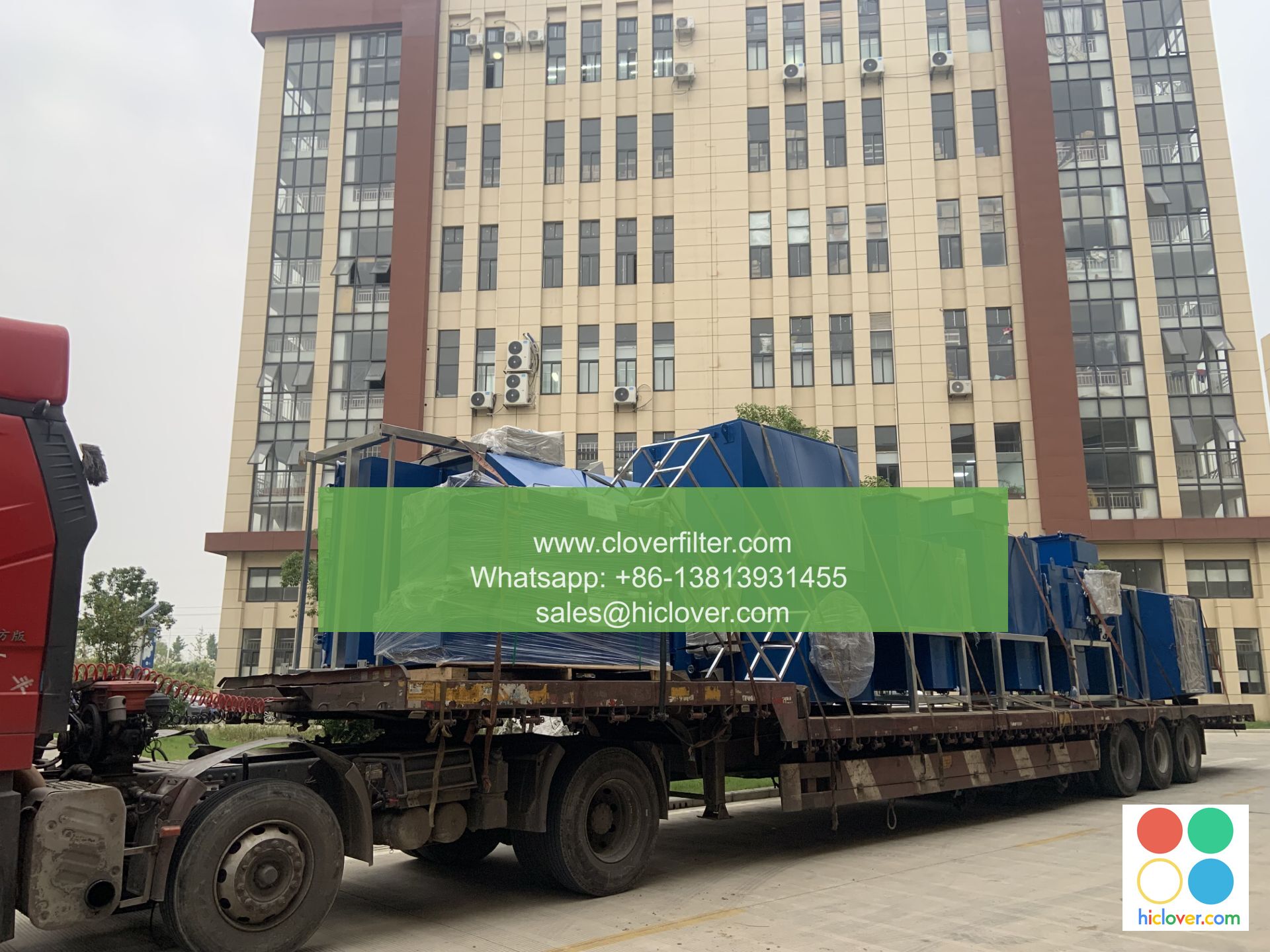The Role of HVAC Air Filters in Allergy Relief for Indoor Allergies

The Role of HVAC Air Filters in Allergy Relief for Indoor Allergies
Introduction
Indoor allergies are a growing concern for millions of people worldwide. From dust mites and pet dander to mold and pollen, indoor allergens can exacerbate respiratory issues and compromise indoor air quality. Fortunately, a crucial component of heating, ventilation, and air conditioning (HVAC) systems can play a vital role in alleviating indoor allergies: air filters.
How HVAC Air Filters Work
HVAC air filters are designed to capture airborne particles, including allergens, to prevent them from circulating throughout the indoor environment. By removing these particles from the air, air filters help to reduce exposure to allergens, providing relief for those suffering from indoor allergies.
Types of Air Filters
Not all air filters are created equal. There are various types of air filters available, each with its own level of effectiveness in capturing allergens. Some common types of air filters include:
- Fiberglass filters: These are the most basic type of air filter and provide minimal protection against allergens.
- Pleated filters: These filters have a more surface area, allowing them to capture smaller particles and provide better protection against allergens.
- HEPA filters: High-Efficiency Particulate Air (HEPA) filters are designed to capture 99.97% of particles as small as 0.3 microns, making them highly effective in removing allergens from the air.
- Activated carbon filters: These filters are designed to capture gases and odors, in addition to particles, making them effective in removing indoor air pollutants.
Applications of HVAC Air Filters in Allergy Relief
HVAC air filters are essential in various applications, including:
- Residential homes: Air filters play a crucial role in maintaining good indoor air quality in residential homes, particularly for individuals with allergies.
- Commercial buildings: Air filters are vital in commercial buildings, such as offices and hospitals, to provide a healthy and comfortable environment for occupants.
- Hospitals: In hospitals, air filters are essential in maintaining a sterile environment and reducing the risk of airborne infections.
- Schools: Air filters are important in schools to create a healthy environment for students and staff, particularly in areas prone to allergens like dust and pollen.
Benefits of HVAC Air Filters in Allergy Relief
The benefits of HVAC air filters in allergy relief are numerous, including:
- Improved indoor air quality: Air filters help to remove airborne allergens, improving indoor air quality and reducing exposure to allergens.
- Reduced allergy symptoms: By removing allergens from the air, air filters can help to reduce symptoms of indoor allergies, such as congestion and itching.
- Increased comfort: Air filters can help to create a more comfortable environment, free from irritating particles and odors.
- Cost savings: Regular cleaning and replacement of air filters can help to reduce energy costs by improving the efficiency of HVAC systems.
Conclusion
In conclusion, HVAC air filters play a vital role in alleviating indoor allergies by removing airborne allergens from the air. By selecting the right type of air filter and maintaining them regularly, individuals can enjoy a healthier and more comfortable indoor environment. Whether in residential homes, commercial buildings, hospitals, or schools, air filters are essential in maintaining good indoor air quality and providing relief for those suffering from indoor allergies.
I’m here and ready to create a customised prompt for me to help create a new ideas, brainstorm together, solve an issue or many other exciting experiences. Here a few questions, please select option that will better suit for y


